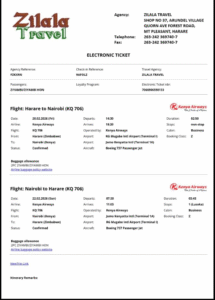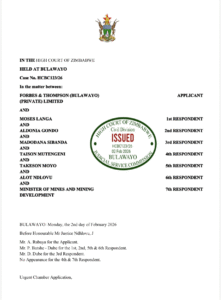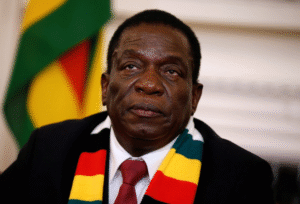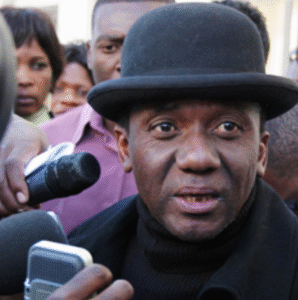ZIMBABWE’S OPPOSITION MPS DENIED CARS DESPITE THEIR PROVEN TRACK RECORD OF DELIVERING RESULTS
In a surprising turn of events, Zimbabwe’s opposition Members of Parliament (MPs) have been denied access to government vehicles, despite their proven track record of delivering results for their constituencies. This move has raised concerns among citizens and human rights advocates, who argue that the denial of essential resources to the opposition MPs is a blatant attempt to stifle dissent and undermine democracy in the country.
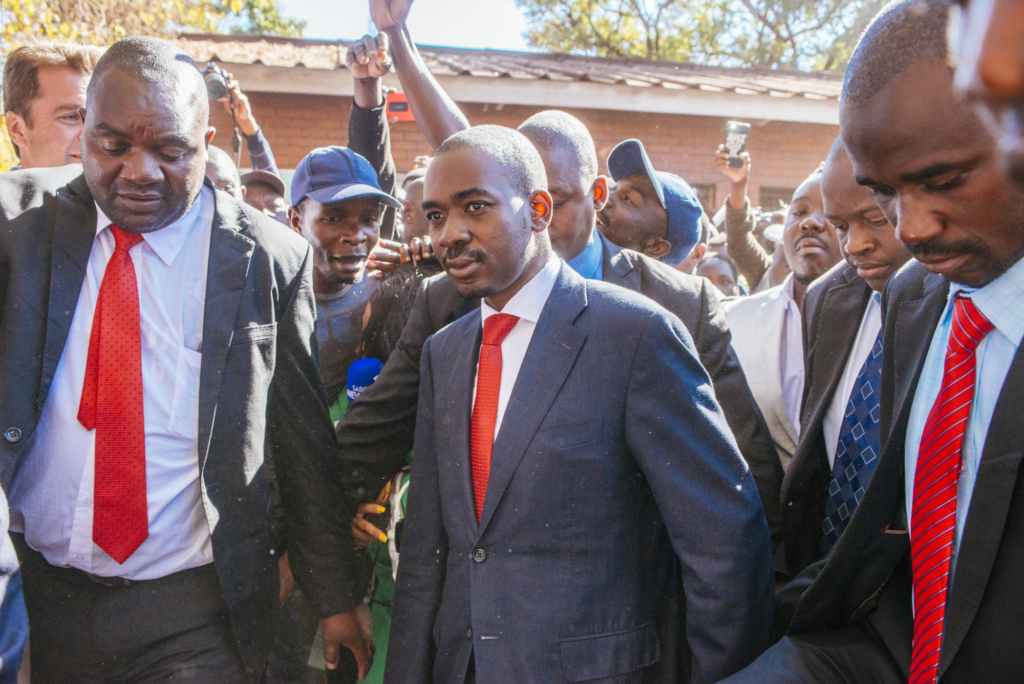
Zimbabwe has a long history of political tension between the ruling party and the opposition, with the latter often subject to various forms of intimidation and repression. The latest move by the government, which has refused to allocate cars to opposition MPs, is a clear indication of the ongoing efforts to marginalise dissenting voices and maintain control over the political landscape.
Opposition MPs in Zimbabwe have consistently demonstrated their commitment to addressing the needs of their constituents, delivering tangible results and ensuring that government policies are held to account. These individuals have taken a proactive approach to development in their respective areas, focusing on issues such as education, health, and infrastructure improvements. It is worth noting that many of the opposition MPs have managed to make significant strides in their constituencies, even while working under the constraints of limited resources and funding.
The denial of cars to opposition MPs is not only a logistical hindrance but also a symbolic gesture that seeks to diminish their authority and influence. Access to government vehicles is a standard privilege for MPs, allowing them to navigate their vast constituencies and engage with citizens effectively. By withholding this essential resource, the government is creating an uneven playing field that disadvantages opposition MPs in favour of those aligned with the ruling party.
Furthermore, this move raises questions about the government’s commitment to democratic principles and the rule of law. The allocation of cars to MPs is a standard practice, enshrined in the Parliamentary rules and regulations. By selectively denying this privilege to opposition MPs, the government is effectively undermining the institutional framework that governs the functioning of the Parliament and the conduct of its members.
This development has not gone unnoticed by international observers, who have expressed concerns about the implications of this move for the broader political environment in Zimbabwe. Human rights organisations and advocates have urged the government to reconsider its decision and allocate cars to all MPs, regardless of their political affiliation. They argue that the denial of essential resources to opposition MPs is a direct assault on democratic values and a blatant attempt to silence dissenting voices in the country.
In the face of these challenges, opposition MPs have shown remarkable resilience and determination, continuing to serve their constituencies with unwavering dedication. They have sought alternative means of transportation, leveraging community support and personal resources to ensure that they remain connected to the people they represent. Despite the obstacles, these MPs remain undeterred in their pursuit of a better future for Zimbabwe.
As Zimbabwe’s political landscape continues to evolve, it is crucial that the government upholds democratic principles and fosters an environment where all voices are heard and respected. The allocation of cars to opposition MPs is not just a logistical necessity; it is a matter of justice, fairness, and adherence to the rule of law. By ensuring that all MPs have equal access to resources, the government can demonstrate its commitment to democracy and help build a more inclusive and prosperous Zimbabwe for all citizens.
The denial of cars to Zimbabwe’s opposition MPs is a disturbing development that not only undermines democracy but also hampers the ability of these dedicated individuals to serve their constituents effectively. As the international community calls on the government to reverse its decision, it is crucial that citizens stand in solidarity with their representatives and demand fairness, justice, and accountability from those in power. Only by ensuring that all voices are heard can Zimbabwe move forward on the path to progress and prosperity.
